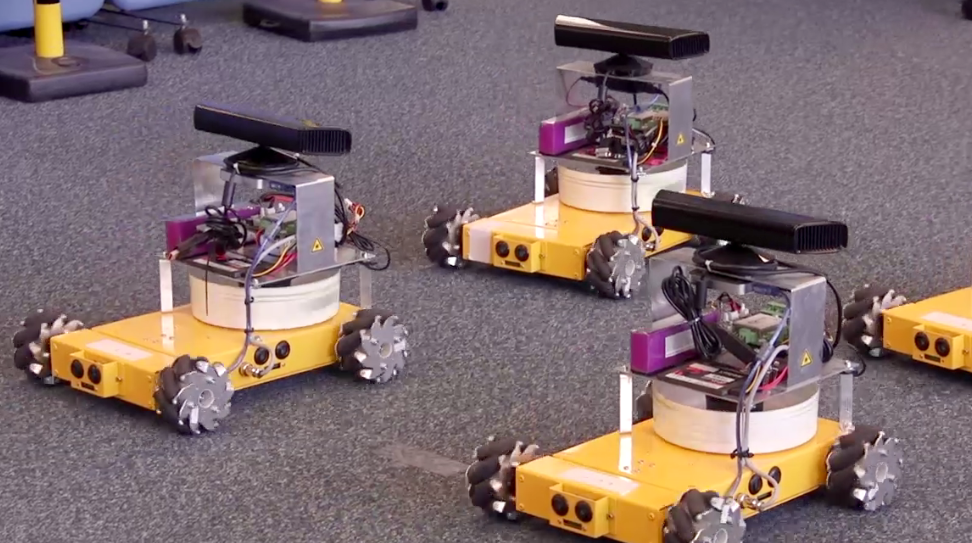Teaching robots to cooperate
Ming Cao is Professor of Networks and Robotics at the University of Groningen. Cao is a pioneer in the development of bio-inspired operating systems, enabling groups of robots to carry out tasks independently.
In the future, autonomous cars and robots that will need to take each other’s actions into account will be becoming more common. Cao is working on this development with colleagues from sociology, mathematics and biology. The algorithms that have been developed for the robots, for example, are partly inspired by how animals move, particularly fish and birds, which also operate in formation. ‘We used to design robots that were simply instructed to cooperate’, explains Cao. ‘It now turns out that robots that can make decisions themselves do not automatically cooperate if they have conflicting interests. We can change that using insights from sociology about how humans cooperate.’

More news
-
29 January 2026
Microplastic research - media hype or real danger?
-
27 January 2026
ERC Proof of Concept grant for Maria Loi
